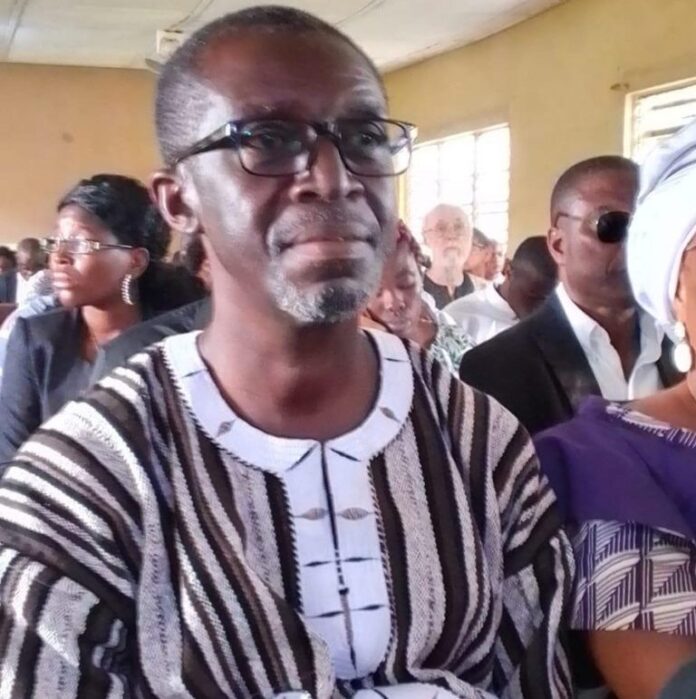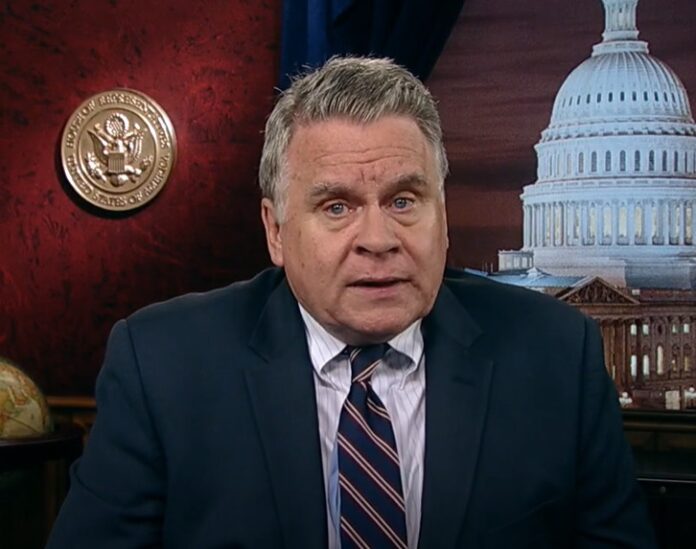By Dempster Tawutama Kollie
Esther Y. Kalaplee, a distressed middle-aged woman in her 40s in 2021 alarmed over attempts and enduring threats to forcefully initiate her three daughters into the Sande society, where female genital mutilation (FGM) is the core activity. Fearing the repercussion of her refusal to let her three girls endure the pains and torture of FGM, Esther is reported to have fled the country, according to her sister-in-law, Yassah Kalaplee.
Esther and her children, Yassah told this writer, felt more unprotected when her family, as a result of their culture and tradition in Lofa County, backed the decision to initiate the children into the secret sande society.
Esther’s story resurfaced, again, late June (2023), during a sande graduation ceremony in Lofa when her husband’s family lamented her disappearance with the children. Yassah said the family claimed that they have been denied taking part in the joy the traditional rites bring. During the sande graduation which was also streamed on social media, an influential elder encouraged his community to embrace the practice without hesitation, warning against compliance with calls for abandonment. “This is our culture and tradition; it is our identity and heritage; our forefathers practiced it, and we must preserve and practice it,” he said in the Lorma vernacular.
Shedding light on the harrowing plight faced by Esther and her children, Yassah, who differs with the traditional people, noted that Esther took the best decision to go into hiding with her children. “It’s good that they can’t see or get to them. These people were going to catch and put those children in that their thing and cause health problems for them, or delay their education.”
Esther’s kids being forced into a traditional initiation against their will demonstrates the deeply rooted practice of FGM in Liberia. Despite proclamations to halt it, the practice continues, leaving children like Esther’s in a state of vulnerability and despair.
Liberia is one of the countries where FGM has persisted despite efforts to eradicate it. The implications for the victims are dire, forcing them to abandon their education and endure months of suffering, all for a ritual that brings no benefits but instead negatively impacts their future.
Esther’s anguish, as narrated by her sister-in-law, started three years back, and this compelled her to embark on a journey elsewhere to seek help to save her children from the menace that the world seeks to end. The emotional toll for her kids is profound, with sleepless nights and overwhelming fear due to the tales of children disappearing for years after being taken into these secretive societies.
Yassah said the sense of powerlessness in Esther is heightened by the support her husband and his family lend to the “wicked plan” against the children, emphasizing how deeply entrenched these beliefs and traditions are engrained among the people.
This issue is not isolated to Esther’s family alone. Investigations and multiple media reports reveal that numerous girls have been forcibly taken to remote forests for unspecified periods, undergoing traditional initiations tied to FGM. The secrecy and widespread acceptance of these rituals make it challenging to enforce laws against FGM and bring the perpetrators to justice, activists have claimed.
Despite awareness campaigns and legal measures taken by the Liberian government to eradicate FGM, its continuation highlights the complexities of challenging deeply ingrained cultural practices. Efforts by local and international organizations to raise awareness about the adverse effects of FGM have been commendable, but more needs to be done to address the root causes and provide support for those, like Esther’s children.
Yassah feels that people like Esther and her children need all the support to deliver them from the psychological torture they are already experiencing. “I think wherever they are they need all the support…I want to believe that they are not at peace because they have run away from their homes to somewhere, they are. They need help and they should be helped.”
As the global community continues its fight against FGM, cases like Esther’s demonstrate the need for sustained awareness, education, and intervention. There are mounting activists’ calls for Governments, NGOs, and local communities to work together to put an end to this harmful tradition and protect the rights and well-being of vulnerable individuals, especially girl children.







